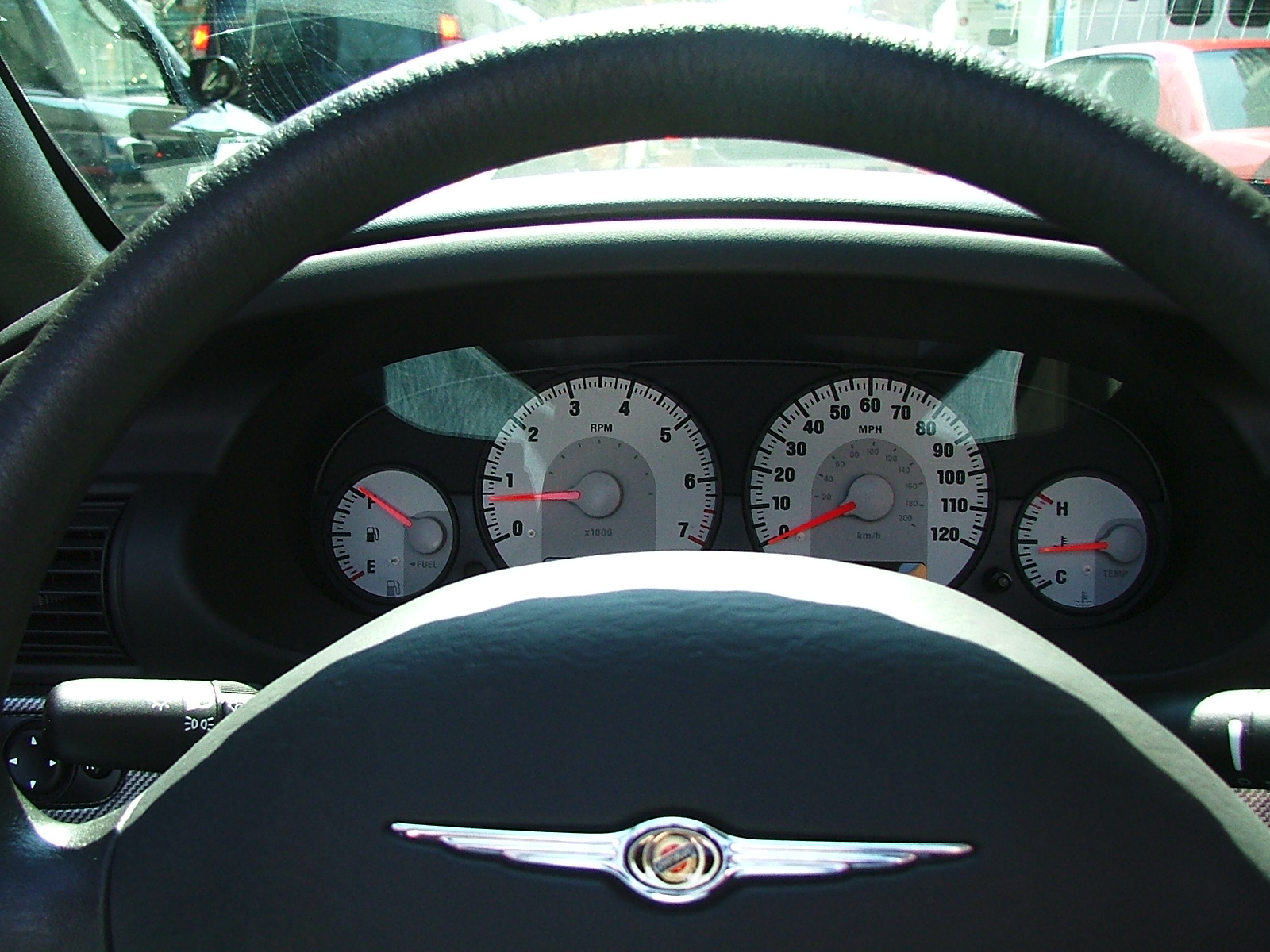NSW Licence Suspension & Cancellation
Drink and drug driving reforms
From 20 May 2019, tougher penalties apply for lower range drink driving offences, and for driving with the presence of an illicit drug.
The change is part of a number of reforms in the Road Safety Plan 2021 to reduce alcohol and drug related trauma on NSW roads.
The information on this page is a plain English guide only and is subject to change at any time without notice.
Reference should be made to the latest provisions in the law for detailed information on specific offences and penalties.
Reaching or exceeding your demerit points limit
If you reach or exceed the limit for demerit points within a 3 year period, your licence will be suspended.
Immediate licence suspension
Police may immediately suspend and confiscate your licence for the following offences:
- A serious driving offence causing death or grievous bodily harm
- Speeding in excess of 45 km/h over the speed limit
- Driving under the influence (DUI) offences
- A prescribed concentration of alcohol drink driving offence
- A street racing offence
- An aggravated burnout offence. The definition of an aggravated burnout includes a hoon driver’s mates who willingly participate in, urge others to participate in, photograph or film to promote or organise hoon activity
- Learner or provisional licence holders speeding in excess of 30 km/h over the speed limit whilst the holder of a learner or provisional licence
- Learner licence holders driving without supervision.
Police can suspend and confiscate a licence either on the spot or within 48 hours of a person being charged or issued a penalty notice for a relevant offence. This means you may have to arrange for your vehicle to be collected by someone else.
Where a person is charged by police with one of the offences, the suspension will remain until the offence is heard by a court. If you are convicted and disqualified by the court, the court will take the period you have served under suspension when imposing the disqualification period into account.
If you are issued with a penalty notice for a lower range drink driving offence, the suspension will apply for 3 months.
If you are issued a penalty notice for speeding in excess of 45 km/h over the limit, the suspension will apply for six months.
If you hold a learner or provisional licence and are issued a penalty notice for speeding in excess of 30 km/h but not more than 45 km/h over the limit, or a learner driver driving unaccompanied by a supervising driver, the suspension will apply for a three months.
Camera-detected excessive speed offences are not included in the immediate licence suspension scheme. Roads and Maritime Services may apply a suspension following payment of the penalty notice.
Appeals – immediate licence suspensions
You have the right to appeal the immediate licence suspension at a local court.
You must lodge the appeal with a court within 28 days of being issued the suspension notice. You can file online, or go to a NSW local court. A fee is payable to the court when lodging an appeal.
Unless the court in the meantime orders otherwise, you must not drive unless the court upholds your appeal.
Demerit points
Demerit points and fines also apply to speeding offences.
Drivers visiting NSW
If you are a visiting driver and do not hold a NSW driver licence, your permission to drive in NSW can be withdrawn under the same provisions.
See Visiting NSW for more information about driving in NSW on an interstate or overseas licence.
Licence disqualification
If a court disqualifies you from driving, your licence will be automatically cancelled.
Disqualified from driving means you cannot drive a vehicle at all until the period of disqualification or cancellation has expired and a licence is reissued.
There are heavy penalties for driving while disqualified or cancelled, including jail terms.
Multiple disqualifications for unauthorised driving offences will be able to run concurrently, unless otherwise ordered by the court.
A driver licence suspension issued by the police for certain serious driving offences will start immediately and before any other suspension on the licence.
Drivers who have long disqualification periods may be able to apply for their disqualification periods to be lifted by the court. See Licence disqualification reforms for more information.
Police impounding of motor vehicles and confiscation of number plates
Police can impound vehicles and confiscate number plates from drivers who continue driving unlicensed or disqualified.
Vehicles will be impounded for a period of three months when a disqualified driver is caught exceeding the speed limit by more than 30km/h.
Police will also impound a vehicle for six months when a disqualified driver commits an offence.
Number plates can also be confiscated for three or six months depending on the offence.
Habitual offenders
The Habitual Offender Scheme has ended. Evidence showed the scheme did not meet the needs of the community.
